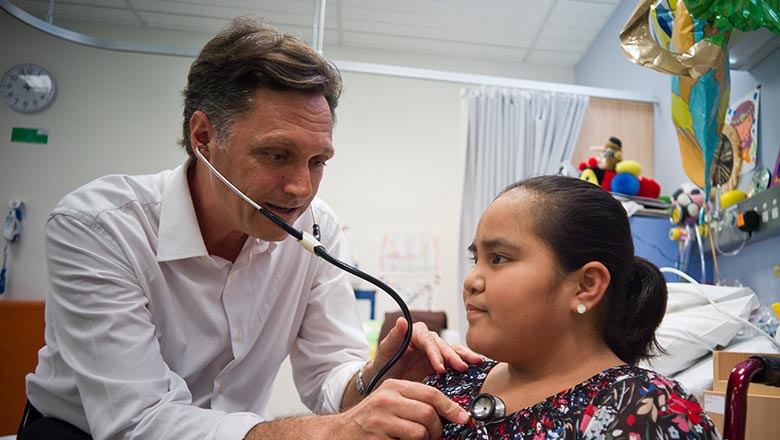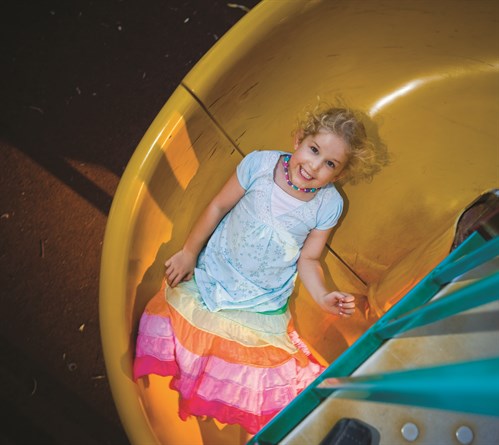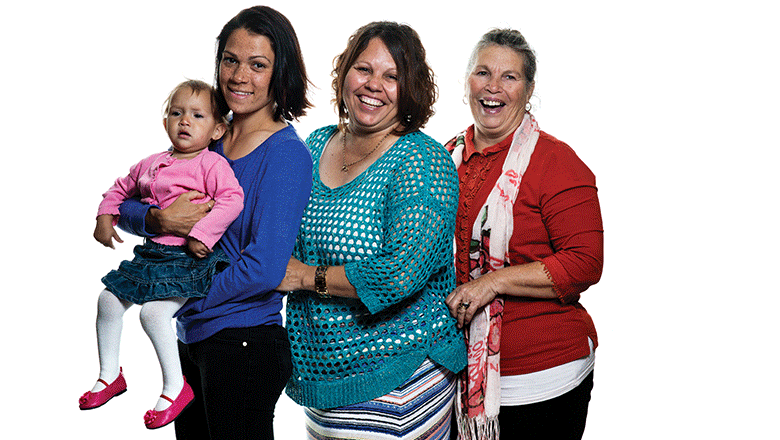Search

News & Events
New study reveals mothers age linked with childrens behaviourResearch from The Kids Research Institute Australia has shown that children born to older mothers fare well when it comes to behaviour.

News & Events
How learning to talk is in the genesResearchers from Perth's The Kids Research Institute Australia have been part of an international study that has found that genetic factors contribute to the development of l

News & Events
Trans-Tasman partnership to tackle rheumatic heart diseaseResearchers at The Kids Research Institute Australia have begun a comprehensive research project into vaccines aimed at tackling rheumatic fever.

News & Events
Research reveals link between ADHD and juvenile offendingNew research from The Kids Research Institute Australia has revealed that children and youth treated for Attention Deficit Hyperactive Disorder (ADHD) are more likely

News & Events
New evidence on the importance of birth spacingResearch from The Kids Research Institute Australia shows that a short time interval between pregnancies may be less of a risk factor for preterm birth and low birth weight

News & Events
Language Study Reveals Need for Long Term MonitoringA new study looking at the receptive language development of young children has highlighted the need to monitor kids over time to ensure they don't fall behind.

News & Events
Parenting & playEvery parent knows that physical activity and playtime are important elements of healthy growth and development. They're also a lot of fun.

News & Events
Overprotective Parenting and Childhood Obesity Linked in Study FirstNew research from The Kids Research Institute Australia has revealed, for the first time, a link between childhood obesity and higher levels of protective parenting.

News & Events
New study to investigate maternity provision for Aboriginal womenA multi-faceted study led by a Murdoch University researcher will influence the way maternity services support Aboriginal women in WA during pregnancy and birth

News & Events
Twins talk half as much at twoA world first study of language development in toddler twins confirms the widely held belief that twins start to talk later than single-born children.
